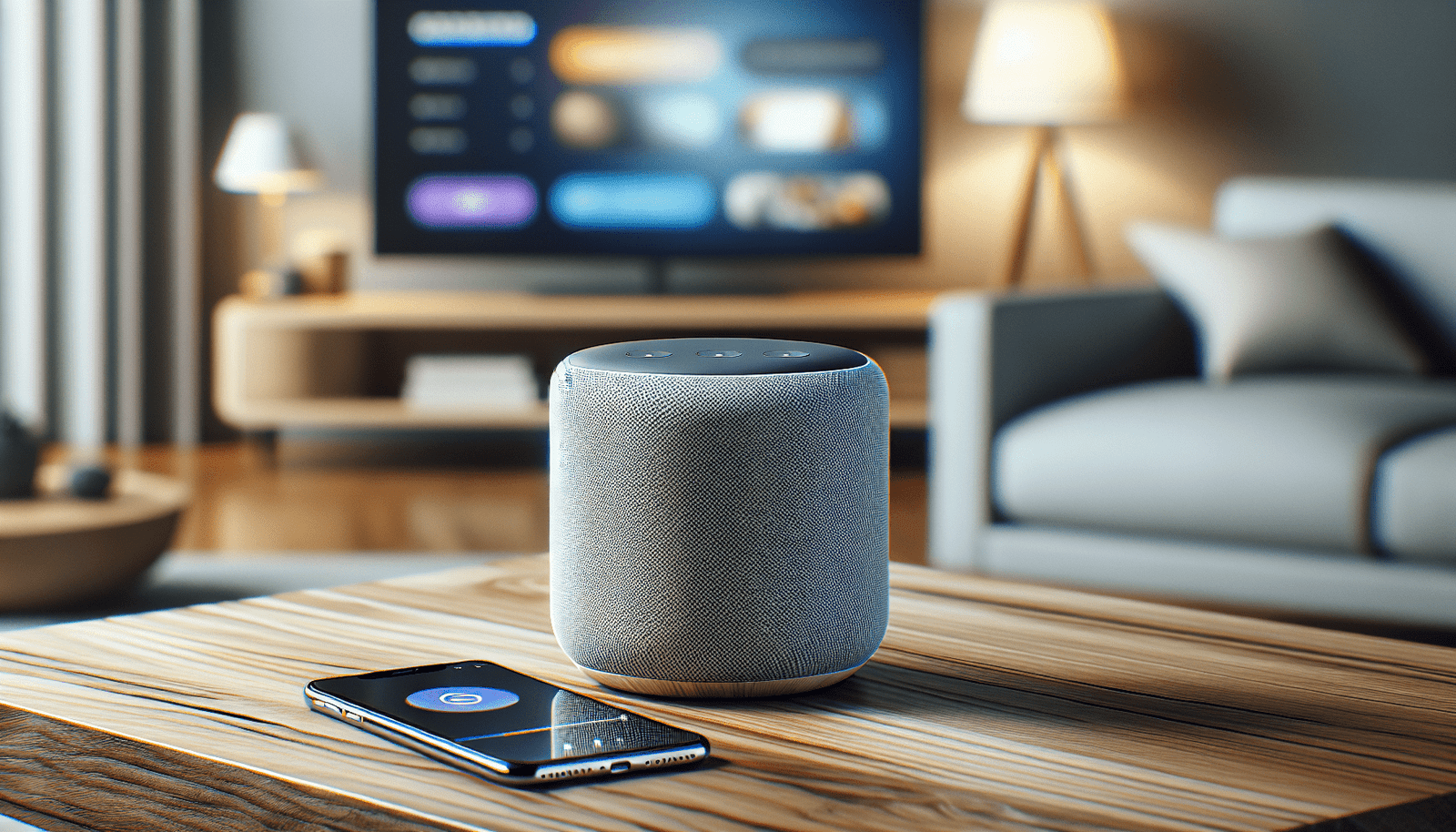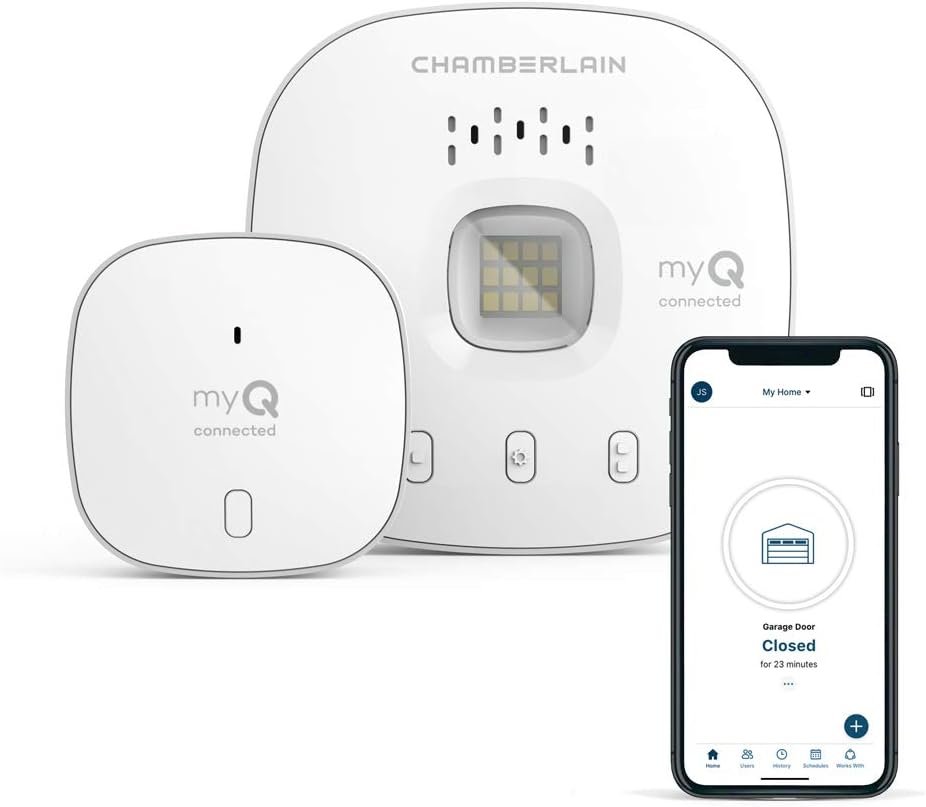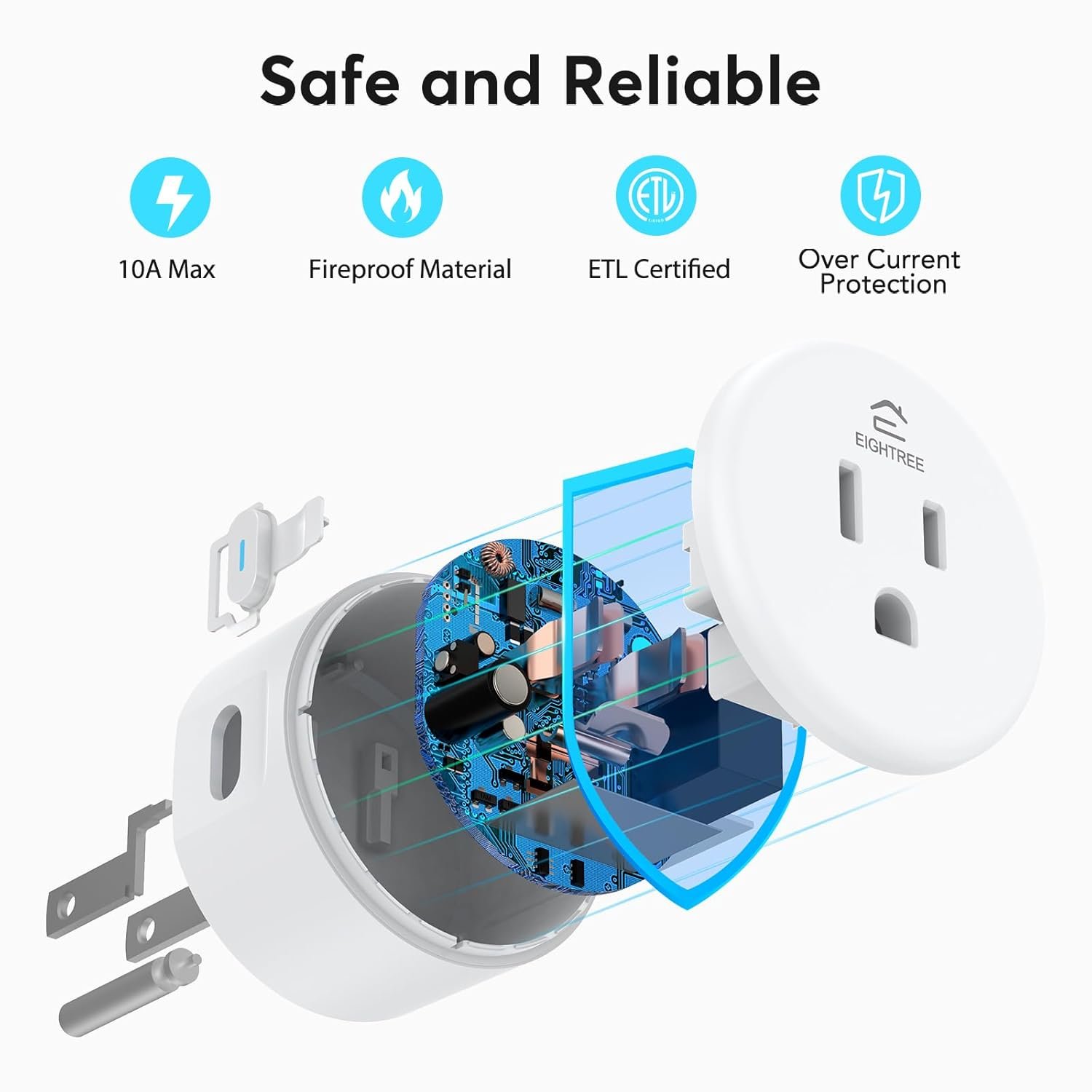Have you ever wondered if A smart speaker is the same as Alexa? This is a common question for anyone diving into the world of smart home technology. With the growing popularity of smart devices that can make your life more convenient, it’s important to understand how they work and what distinct roles they play in your home setup.
Understanding Smart Speakers
A smart speaker is more than just a regular speaker. It’s an internet-connected device that not only plays music but also assists you with a variety of tasks through voice commands.
What Makes a Speaker ‘Smart’?
Smart speakers are embedded with AI-powered virtual assistants, which allow you to interact with them using simple voice commands. They can stream music, control smart home devices, provide weather updates, set alarms, make lists, and much more. The ability to connect to other smart devices is what differentiates them from traditional speakers.
Popular Smart Speakers in the Market
When you think about smart speakers, several popular brands might come to mind, such as Amazon Echo, Google Nest, and Apple HomePod. Each of these offers different features, integration capabilities, and price points. However, their core function remains the same: they aim to make your everyday tasks easier with the help of a virtual assistant.
The Role of Alexa in the Smart Speaker Ecosystem
While Alexa is synonymous with smart speakers for many, it’s important to point out that Alexa is actually one such virtual assistant, primarily developed by Amazon.
What is Alexa?
Alexa is Amazon’s cloud-based voice service available on various Alexa-enabled devices, the most notable being the Amazon Echo smart speaker. Alexa answers questions, controls smart home devices, plays music, and does much more through voice recognition.
Alexa vs. Other Virtual Assistants
Besides Alexa, other major virtual assistants include Google Assistant and Apple’s Siri. Each assistant has its strengths and limitations, offering unique integrations based on the ecosystem they belong to. While Alexa boasts compatibility with a wide range of devices and skills, Google Assistant integrates seamlessly with Google services, and Siri is well-suited for Apple products.
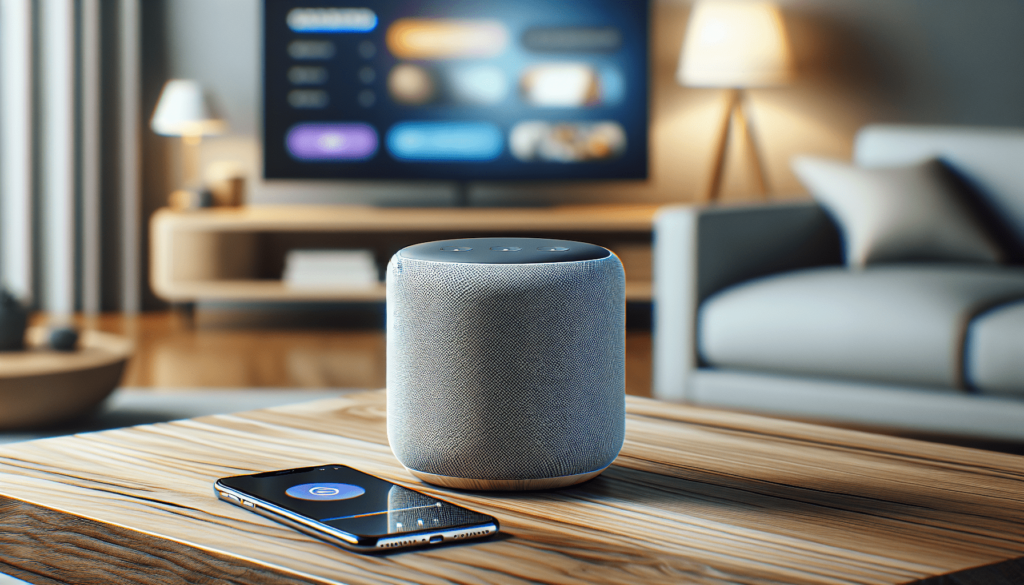
Comparing Smart Speakers and Smart Hubs
Many people mix up smart speakers with smart hubs, but they serve different purposes in a smart home setup.
What is a Smart Hub?
A smart hub acts as the central command center for your smart home devices. It enables various gadgets and sensors, often from different manufacturers, to connect and function together seamlessly.
Do You Need Both a Smart Speaker and a Smart Hub?
In some cases, a smart speaker with advanced functionalities, like the Amazon Echo Plus, can double as a smart hub. However, more complex smart home setups might require a dedicated hub to ensure smooth integration among diverse devices.
Privacy and Security Concerns
As convenient as smart technology is, it also brings unique privacy concerns, particularly around data collection and voice recording.
Voice Recording and Data Privacy
Smart speakers continuously listen for ‘wake words,’ like “Alexa” or “Hey Google,” but this can make users wary of unauthorized recording. Reputable companies, however, provide robust privacy settings that give you control over your recorded voice data and options to delete recordings.
Preventing Unauthorized Access
Users are often concerned about unauthorized access to their smart devices. Utilizing strong passwords, two-factor authentication, and regular software updates can significantly mitigate these risks.
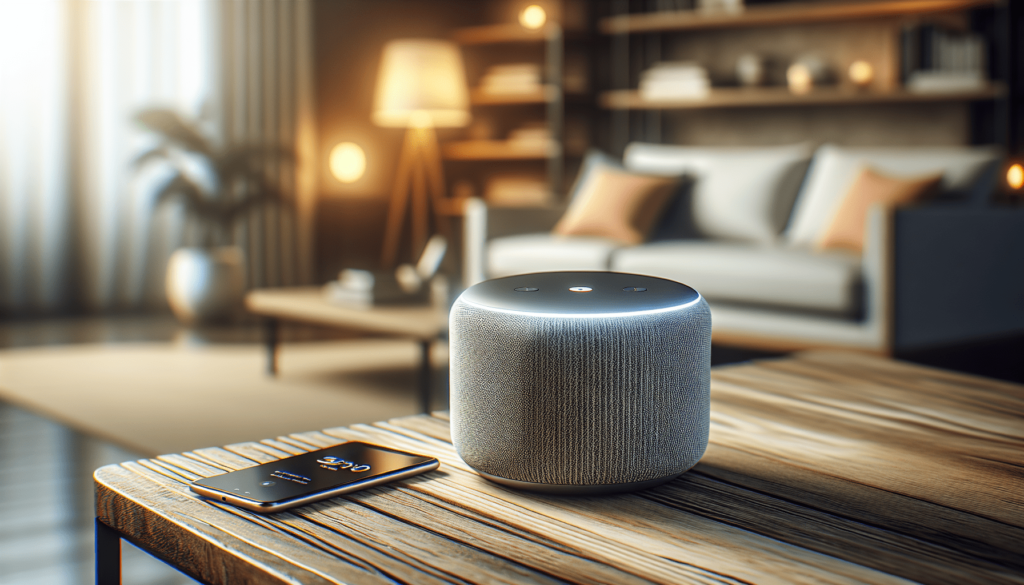
Music and Entertainment Capabilities
A significant attraction of smart speakers is their ability to transform your home entertainment experience.
Sound Quality and Streaming Services
Modern smart speakers come with impressive stereo sound and are compatible with various streaming services like Spotify, Apple Music, and Amazon Music, allowing you to play your favorite tunes with ease.
Multi-Room Audio Systems
One of the coolest features of smart speakers is the ability to create a seamless audio experience throughout your home. By connecting multiple speakers, you can enjoy synchronized music across different rooms, perfect for parties or simply for a more immersive atmosphere.
Setting Up Your Smart Speaker
Getting started with your smart speaker is generally a straightforward process. Here’s a basic guide to help you get going smoothly.
Step-by-Step Guide
- Unbox and Connect: Plug in your device and connect it to a power outlet.
- Download the App: Install the corresponding app on your smartphone or tablet (e.g., the Alexa app for Amazon Echo).
- Setup via App: Follow the in-app instructions to connect to Wi-Fi and register your device.
- Test Voice Commands: Try out basic commands to ensure everything is working correctly.
- Integrate Other Devices: If you have other smart home devices, link them through the app for better utility.
Troubleshooting Common Issues
No technology is perfect, and smart devices can occasionally run into issues.
Wi-Fi Connectivity Problems
Smart speakers rely heavily on a stable internet connection. Ensure your Wi-Fi network is strong, and consider switching to a less congested channel or upgrading your router if problems persist.
Unresponsive Devices
If your smart speaker isn’t responding, check for any updates, restart the device, or reconfigure your settings. If all else fails, resetting the device to its factory settings might resolve the issue.
Enhancing Security and Privacy
With any connected device, it’s crucial to maintain security and safeguard your privacy.
Regular Software Updates
Manufacturers often release software updates to fix security vulnerabilities. Always keep your smart speaker’s firmware up-to-date to benefit from these improvements.
Customizing Privacy Settings
Go into your device settings to turn off certain features if they make you uncomfortable, such as voice recordings. Most platforms provide options to review and delete interactions stored in their system.
Frequently Asked Questions
Here are some common questions you might have:
Are Smart Speakers Always Listening?
Smart speakers are designed to listen for a specific “wake word” that activates them. While they are technically listening for this word, recordings only begin after the wake word is detected.
How Safe are Smart Speakers from Hackers?
Smart speakers incorporate multiple layers of security. However, practicing good digital hygiene, like using strong passwords and employing multi-factor authentication, makes them safer against unauthorized access.
Can Smart Speakers Work Offline?
Most smart speakers require an internet connection to function, as they rely on cloud-based processing to understand and execute voice commands. Some features, such as playing pre-stored music, might work offline but with limited capability.
Conclusion
To wrap things up, while all Alexa devices are smart speakers, not all smart speakers are Alexa-enabled. A smart speaker is a broader category that includes various brands and virtual assistants. Understanding these differences can greatly enhance your smart home setup, allowing you to choose the right combination of devices for your needs. Whether you’re captivated by the seamless control of smart home devices or the appealing entertainment options, venturing into the world of smart speakers can transform your everyday experiences. Enjoy the convenience and the peace of mind it brings to your life.
Disclosure: As an Amazon Associate, I earn from qualifying purchases.
